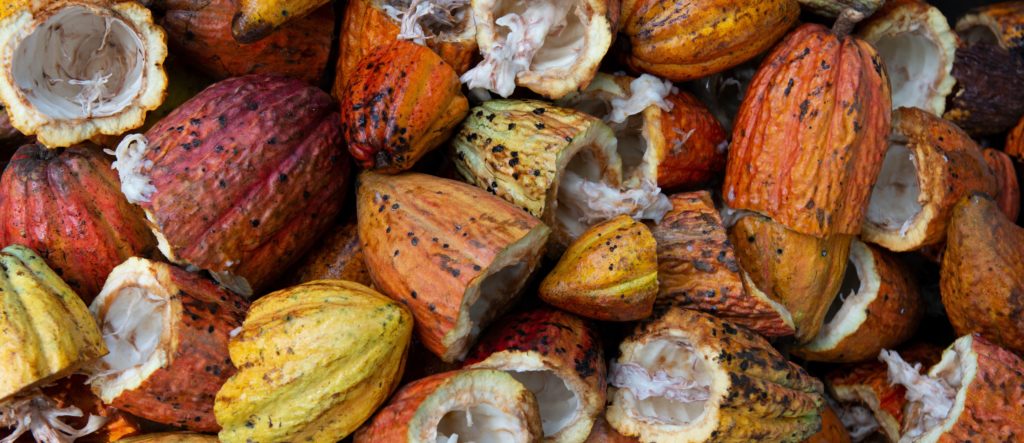Behind the research series, episode 2.
Starting a big EU-funded research project requires planning. RECEIPT is developing storylines to explore how remote climate events will impact Europe. That’s a tall order, especially in a world where virtually all sectors and regions are interconnected. Which climate events will be most impactful? Which regional disturbances will affect Europe most? Although research is being done to determine just that, identifying long-term repercussions requires non-scientific expertise as well. That is why engaging with stakeholders is a crucial step in climate research. Even though it is sometimes undervalued.
RECEIPT is engaging with stakeholders quite a bit. We are creating storylines around and engaging with stakeholders from five key socio-economic sectors:
- agriculture
- finance
- international development
- manufacturing
- coastal infrastructure
For each of the sectors, we have designed workshops to bring together climate researchers and stakeholders who know critical connections in their sector, which are vulnerable to disruptions. It’s important to design workshops are useful for us as well as for these stakeholders. Here are some things we picked up along the way.
The first crucial element is timing. Asking stakeholders what their needs and concerns for the future are when we are wrapping up the project would be a waste of time for all participants involved. It would also not allow for real dialogue. Involve stakeholders too early though and you will have no way to frame the discussions, to work towards a coherent response. That is why RECEIPT reached out to stakeholders once the set-up of the project was clear, but before concrete models were being developed.
Ideally, you get input from a diverse pool of stakeholders. However, running workshops with diverse groups can prove difficult. From different professional lingo, to different measures, like yield or benefits, understanding and translating expertise from scientists to stakeholders and vice versa can be tricky. That’s why we relied on third-party facilitators. Their task was to connect stakeholders and researchers, addressing unquestioned assumptions from both sides.
Lastly, stakeholders need to know why they are being called on. During our workshops, we defined a clear purpose and objectives to facilitate the exchange. Stakeholders expressed what inputs their sector needs to make long-term planning, while scientists explained the current understanding of climate-related risks to the sector. “This not only ensures that the workshop discussion is mutually interesting, but also that the storylines will answer questions that are relevant to each sector,” explains Liese Coulter, a RECEIPT team member with vast experience in engaging with stakeholders.
“With stakeholder engagement we are shaping what we explore, and focusing what we explain. It is an opportunity for two-way learning.”
– Liese Coulter, climate scientist.
Given these pitfalls, are workshops even worth it? In short: yes! Researchers might know their science but can never have in-depth knowledge of the day-to-day practice. At the same time, stakeholders may have the practical know-how but may lack theory or foresight. In our case, for instance, they might not realize what their own vulnerabilities are to the future impacts of climate change or how these might vary in different climate scenarios. “With stakeholder engagement we are shaping what we explore, and focusing what we explain. It is an opportunity for two-way learning,” says Liese Coulter.
An interesting example of such two-way learning arose in our agriculture workshop on the cocoa sector. We explored a scenario of severely disrupted cocoa production in African nations. Counterintuitively, this would not disrupt the supply of chocolate to the EU. Although impacts in pricing are likely, the EU could get cocoa elsewhere. In fact, the most significant impact for the EU would be that African farmers would not be able to make a living, which would cause internal displacement. The impact that would be seen most quickly and significantly would be humanitarian.

In setting up our workshops, we made sure that information that was gathered in one workshop can be relevant to other areas of our research. We can thus create much richer models. Researchers and stakeholders continue to explore climate hotspots in the five sectors and generate knowledge to feed the climate storylines. What will emerge is a series of representative pictures of extreme climate features, anchored by stakeholder experience and current risk awareness.
Published on : 22 December 2020
